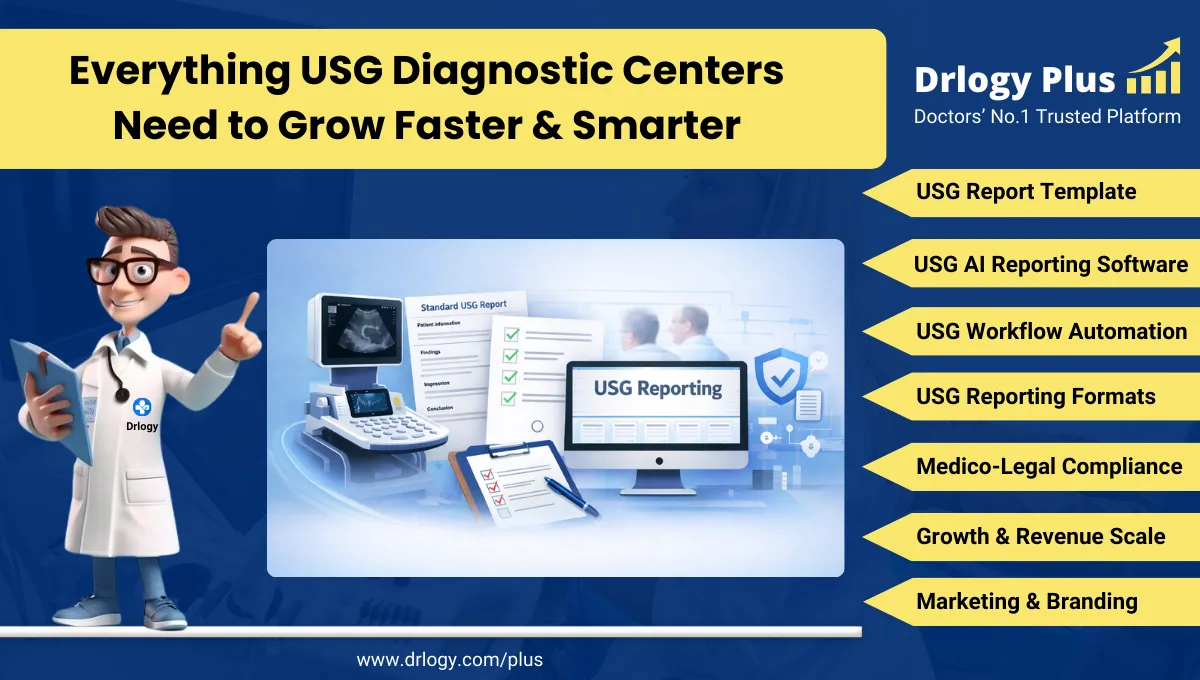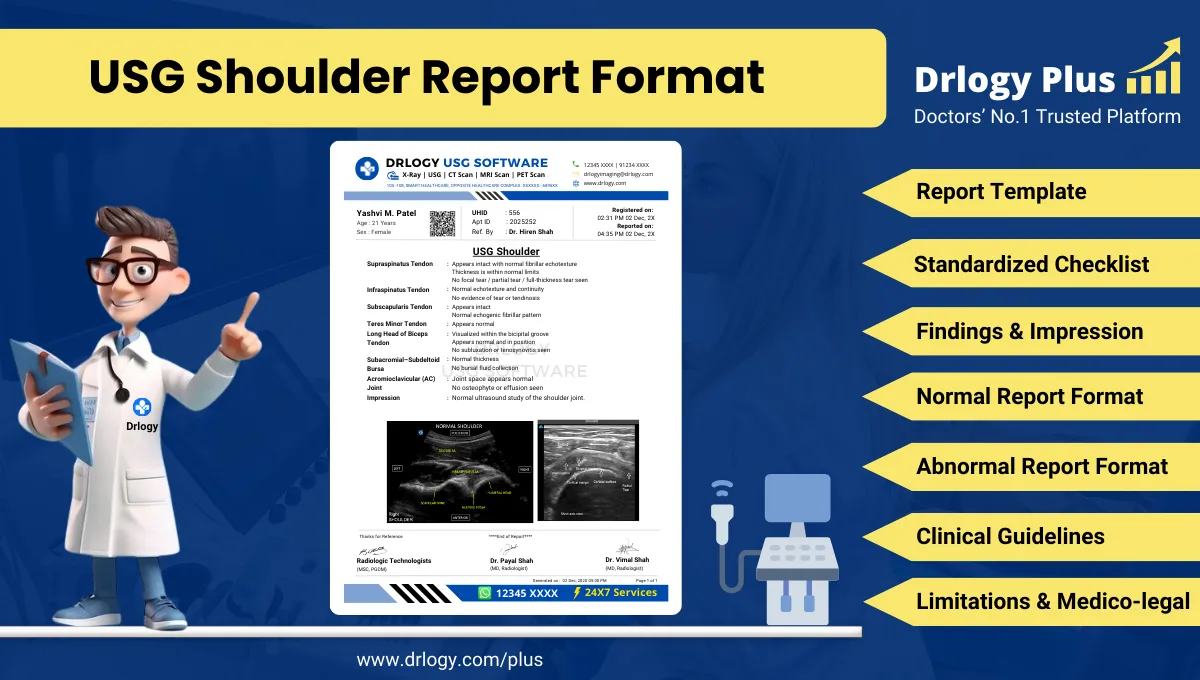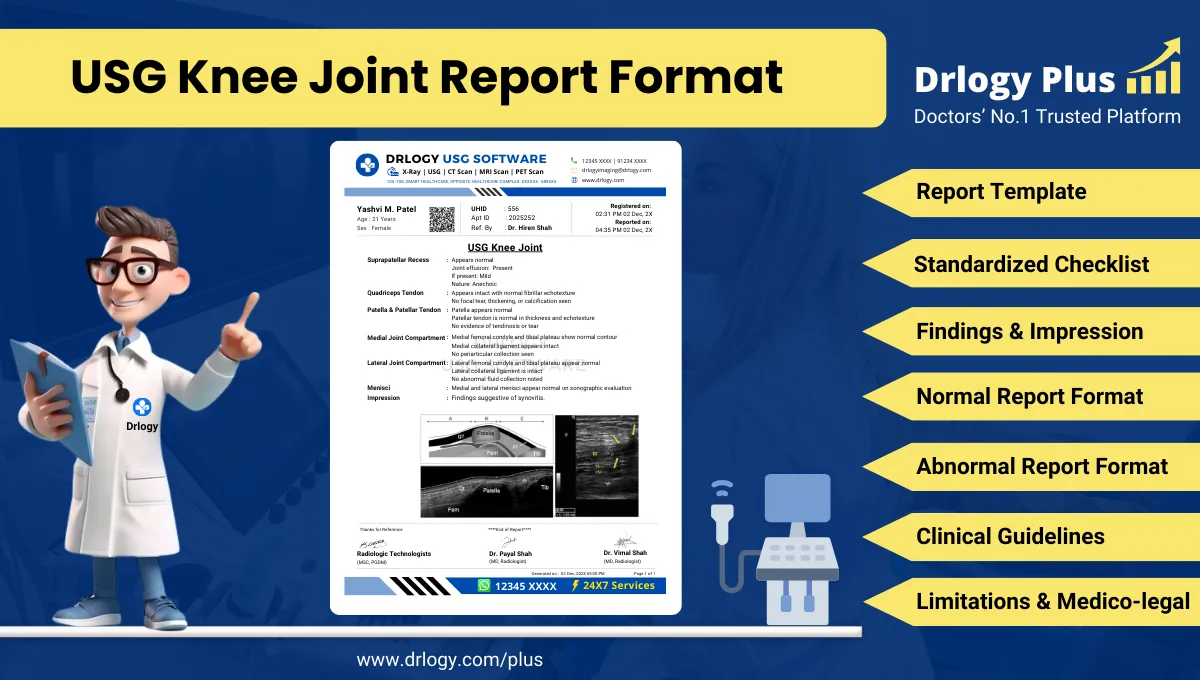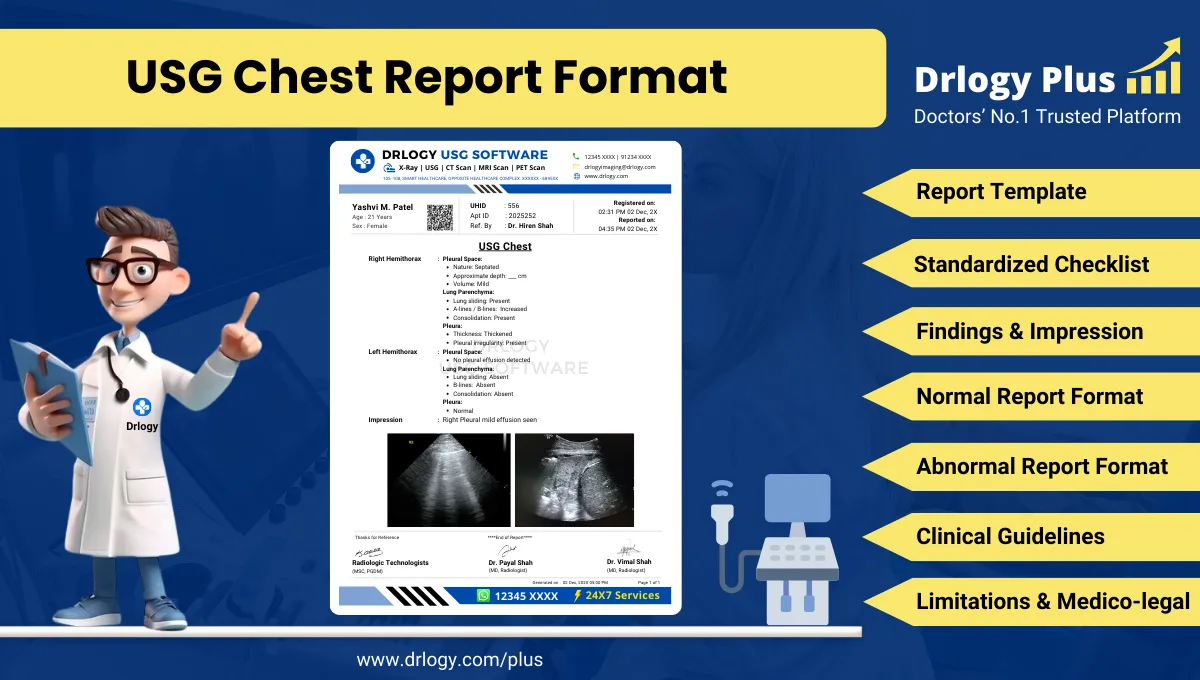

Drlogy
Healthcare organization
Why Patient Billing Feature Must In EHR Software
Patient billing features in EHR software streamline the financial aspects of healthcare by automating invoicing, payment processing, and insurance claim management.
Check:
Best Hospital Management Software For Electronic Health Records (EHR)
These functionalities are crucial as they ensure accurate billing, reduce administrative burden, minimize errors, and improve revenue cycle management efficiency.
Check:
By integrating billing seamlessly into electronic health records, healthcare providers can enhance patient satisfaction through transparent and streamlined financial interactions while maintaining compliance with regulatory requirements.
10 Best Patient Billing Features for EHR Software
Check 10 Best Patient Billing Features for EHR Software.
1. Automated Billing Processes
- Implement automated billing workflows to streamline invoice generation.
- Automatically calculate charges based on services rendered and insurance coverage.
- Reduce billing errors and discrepancies with automated data entry and validation.
- Expedite reimbursement cycles by promptly submitting accurate claims.
- Improve administrative efficiency and reduce manual workload for billing staff.
2. Integration with Insurance Systems
- Integrate EHR software with insurance verification systems for real-time eligibility checks.
- Verify patient insurance coverage and benefits to accurately estimate patient responsibilities.
- Submit electronic claimsectly to insurance providers for faster processing.
- Receive electronic remittance advice (ERA) and reconcile payments efficiently.
- Ensure compliance with insurance billing regulations and coding standards.
3. Transparent and Itemized Billing
- Provide patients with transparent and itemized billing statements for clarity.
- Include detailed breakdowns of services, charges, and payments.
- Offer explanations of insurance adjustments and patient responsibilities.
- Enhance patient understanding of financial obligations and healthcare costs.
- Improve patient satisfaction by promoting transparency in billing practices.
4. Multiple Payment Options
- Offer flexibility with various payment methods, including credit/debit cards and electronic transfers.
- Provide online payment portals for convenient bill settlement.
- Enable patients to set up recurring payment schedules for ongoing healthcare expenses.
- Integrate payment processing with EHR software for seamless financial transactions.
- Ensure secure handling of patient financial information and payment data.
5. Compliance and Regulatory Reporting
- Stay compliant with healthcare billing regulations, such as HIPAA and CMS guidelines.
- Generate reports for regulatory audits and financial compliance reviews.
- Maintain accurate records of billing activities for transparency and accountability.
- Implement coding practices (ICD-10, CPT) to facilitate accurate billing and claims submission.
- Update billing practices to adhere to evolving healthcare billing standards and regulations.
6. Revenue Cycle Management
- Optimize the revenue cycle from patient registration to final payment collection.
- Monitor and track each stage of the billing process for efficiency and accuracy.
- Identify and resolve billing bottlenecks to reduce delays and denials.
- Utilize analytics to forecast revenue, analyze trends, and improve financial performance.
- Implement strategies to minimize revenue leakage and maximize collections.
7. Patient Financial Counseling
- Provide financial counseling services to help patients understand their medical bills.
- Offer guidance on insurance coverage, deductibles, and out-of-pocket expenses.
- Assist patients in applying for financial assistance programs or setting up payment plans.
- Improve patient satisfaction by addressing financial concerns proactively.
- Ensure patients have the resources and support needed to manage healthcare costs.
8. Audit and Compliance Monitoring
- Conduct regular audits of billing practices to ensure accuracy and compliance.
- Monitor coding and documentation to prevent fraudulent billing practices.
- Implement internal controls and protocols for billing integrity.
- Educate billing staff on regulatory changes and best practices.
- Collaborate with compliance officers and auditors to maintain billing standards.
9. Denial Management and Appeals
- Develop strategies for handling claim denials and appeals efficiently.
- Identify root causes of claim denials and implement corrective actions.
- Provide documentation and evidence to support claim appeals.
- Track appeal statuses and timelines to expedite resolution.
- Improve reimbursement rates by reducing the frequency of claim denials.
10. Reporting and Analytics
- Generate financial reports and analytics to assess billing performance and trends.
- Track key performance indicators (KPIs) such as days in accounts receivable and collection rates.
- Monitor revenue trends andentify opportunities for financial improvement.
- Utilize insights to make informed decisions about billing operations.
- Foster continuous improvement in billing processes to enhance financial outcomes.
These patient billing features in EHR software play a crucial in ensuring financial stability, compliance, and patient satisfaction within healthcare practices.
Drlogy EHR Software Features Guide
Here's full guide for 14 best EHR (Electronic Health Record) software features for hospitals:
| 1. Appointment | 8. Support |
| 2. Patient Portal | 9. Health Records |
| 3. ePrescribe | 10. Mobile App |
| 4. Reporting | 11. Data Security |
| 5. Patient Billing | 12. Staff |
| 6. Lab Results | 13. Followup |
| 7. Patient Education | 14. Medication |
Summary
Overall, Patient billing features in EHR software automate invoicing and insurance claims, ensuring efficient financial management and improved patient satisfaction.
Check Drlogy EHR Software Features Guide for efficient inpatient management and enhanced patient care for your clinics and hospitals for patient management.




